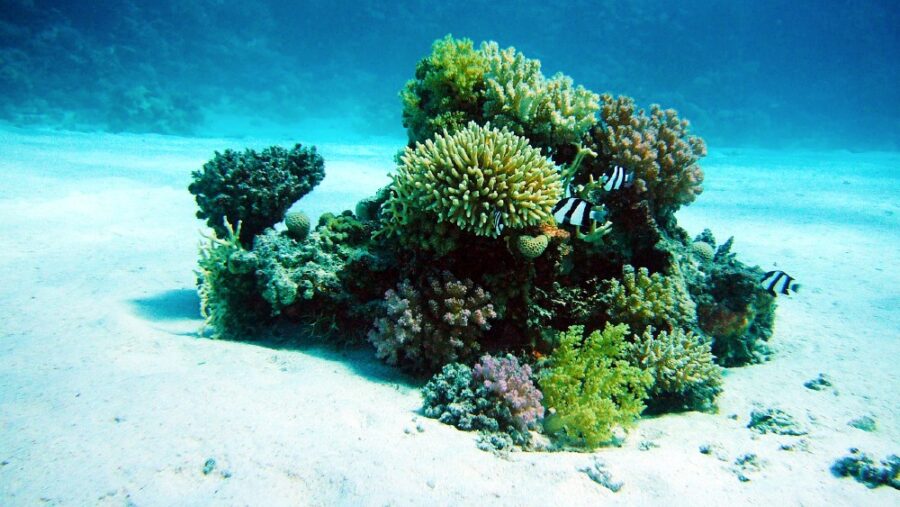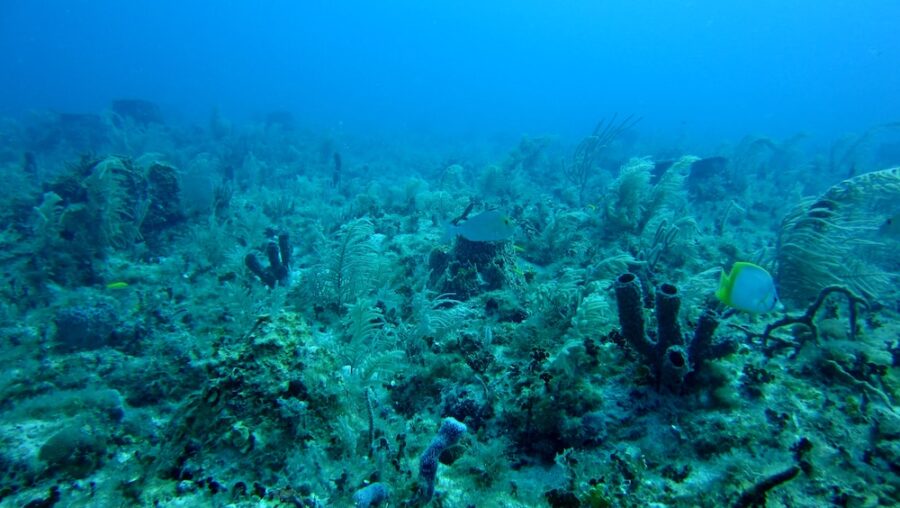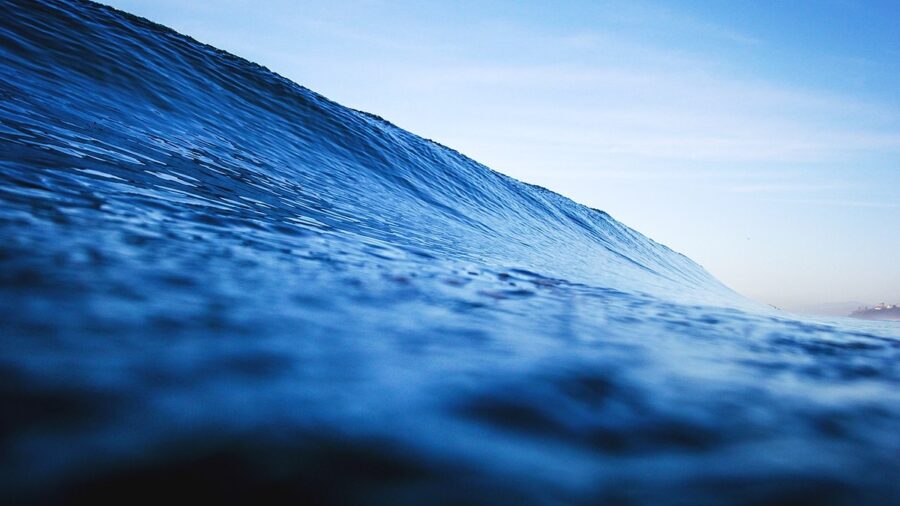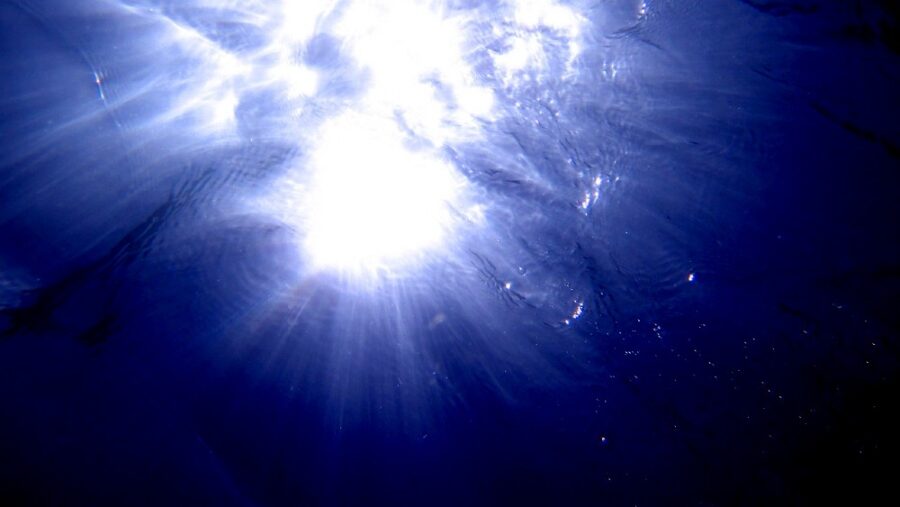Nations Racing To Claim Pieces Of The Ocean Floor

It wasn’t long ago that explorers were still sailing to the far-away edges of the map in search of new lands to colonize under their foreign banners. Today, every landmass on Earth has been well documented, claimed, and stripped for resources, leaving us only to squabble over certain chunks of Antarctica and the reaches of outer space. Still, according to a report in The Guardian, there are a number of countries currently laying claim to remote stretches of the ocean floor in a desperate bid to expand their domain.
An Underwater Land Rush

In the past, laying claim to the ocean floor seemed about as possible and effective as laying claim to the space in the sky reserved for rolling clouds. These days, however, technology such as 3D image mapping has advanced so far that nations around the globe have become capable of studying underwater caves, deep-sea canyons, and other features of the depths from afar. Doing so has led explorers and researchers to vie for precious resources beneath the waves, prompting governments to section off pieces of the ocean floor for their own private use.
Claims Ramp Up Over The Last Decade

Japan seems to be the most voracious nation to engage in this practice, having proposed itself responsible for over 615 underwater zones since the year 2000. Other nation-states that have demanded their claim to parts of the ocean floor include the United States, France, Russia, New Zealand, China, and others. While most of these demands have been handed down in the last 20 years, such declarations seem to have been increasing exponentially since 2016.
Precious Resources Under The Surface

Canadian geographer Sergei Basik has discussed the process at length and has even coined the term “bathyonyms” to describe the undersea features most appealing to the nations who are performing this scramble for ocean floor ownership. Basik also explained that owning large swaths of this previously unclaimable land has an additional economic purpose, as nations responsible for the sea floor can mine its resources with exclusivity and charge a premium when selling these goods to foreign partners.
The Legality Of The Ocean

For now, these claims of ownership are little more than verbal declarations, as the legal definition for owning parts of the ocean floor has not been fully fleshed out in an international agreement. At the time of this writing, the closest thing we have as a global agreement on the sea floor is the International Hydrographic Organization, which outlines a variety of nautical laws for international vessels. Still, Basik and other researchers have warned that the scramble for the soil beneath the waves could lead to massive problems in the future.
An Unknown Future

For starters, countries around the world have already been overfishing, mining with reckless abandon, and destroying underwater ecosystems all over the globe for many years. Once China, Russia, the United States, and more begin laying exclusive claims to certain sections of the ocean floor, what’s to stop these nations from placing economic value over environmental safety? Furthermore, this process could have horrific implications in wars of the future, as it could allow countries such as China and the United States to expand their sovereignty claims deep into the Pacific.













Login with Google